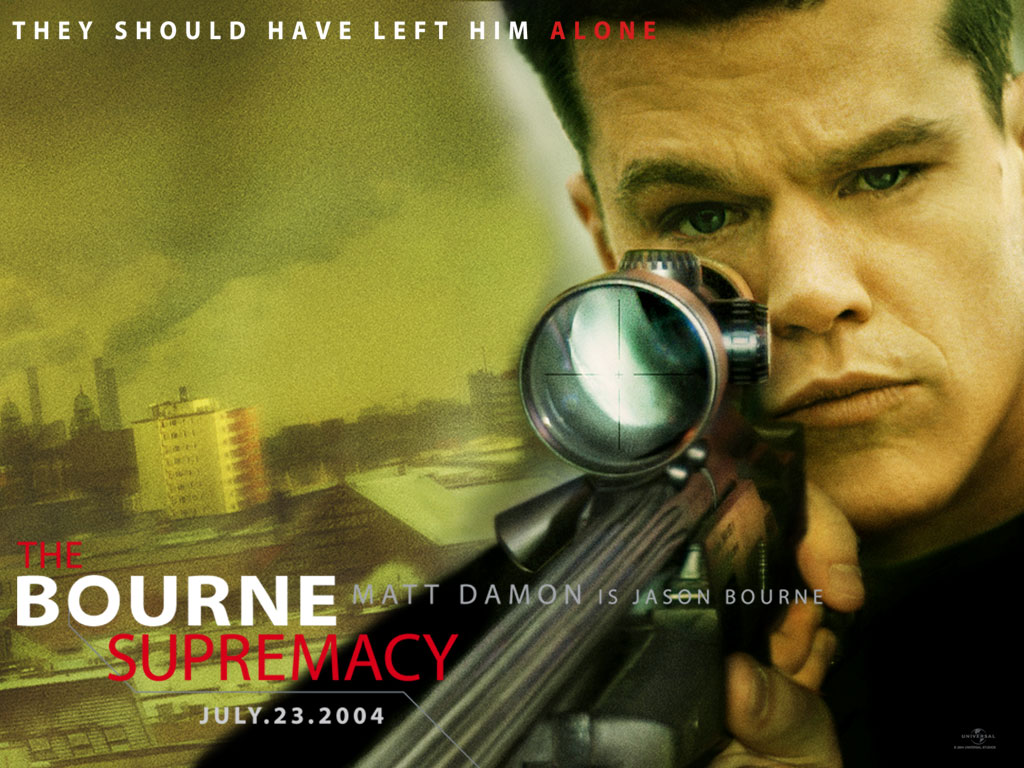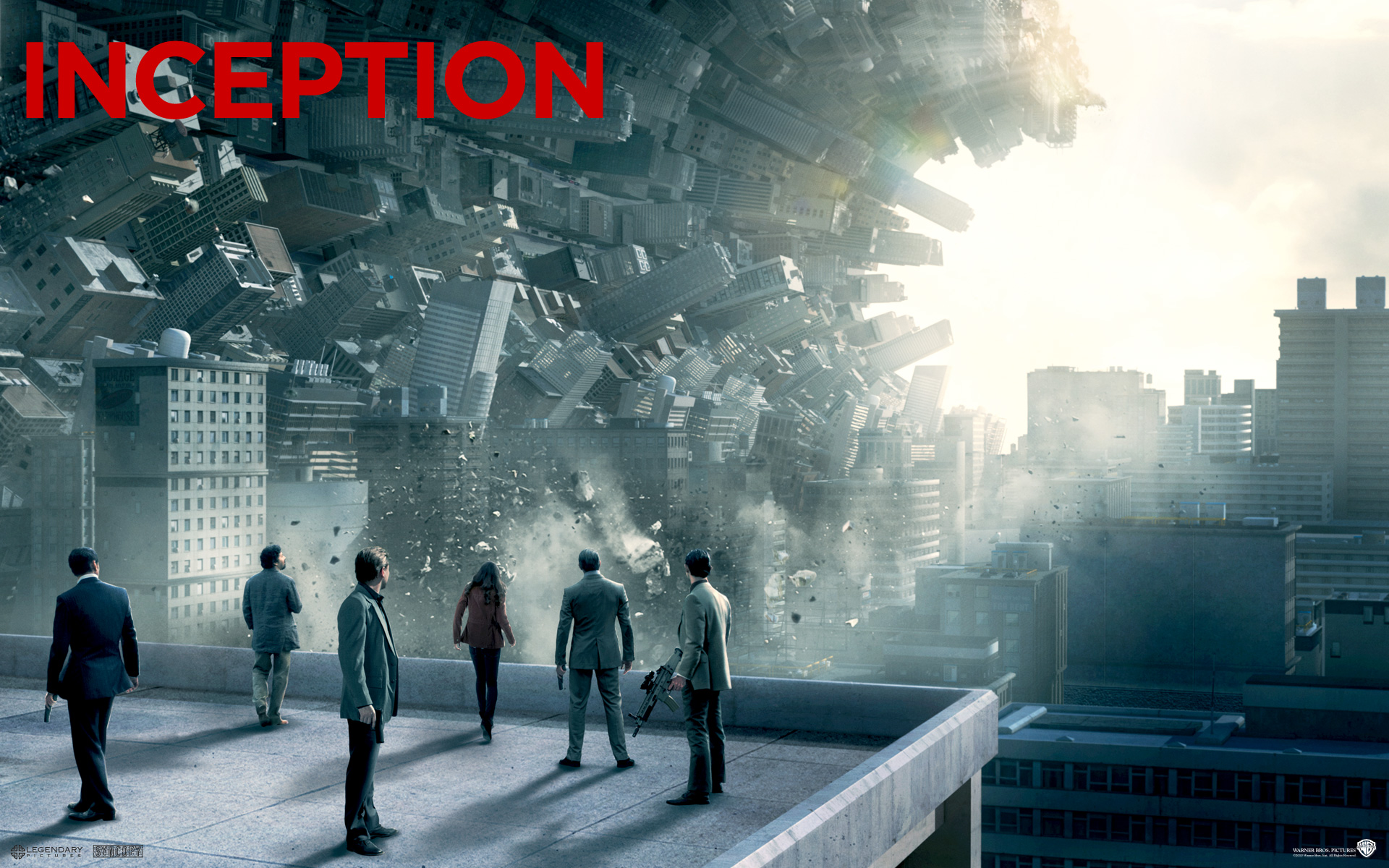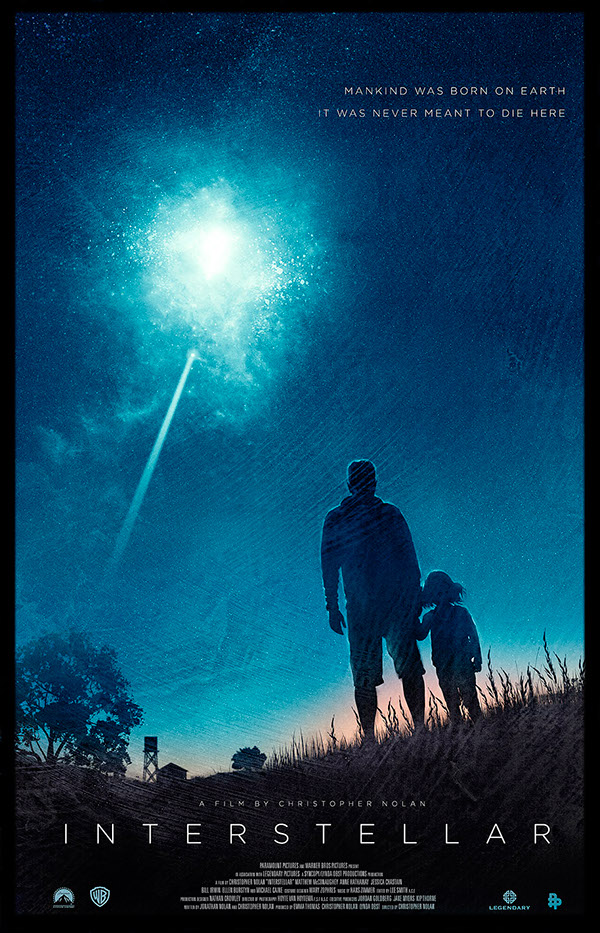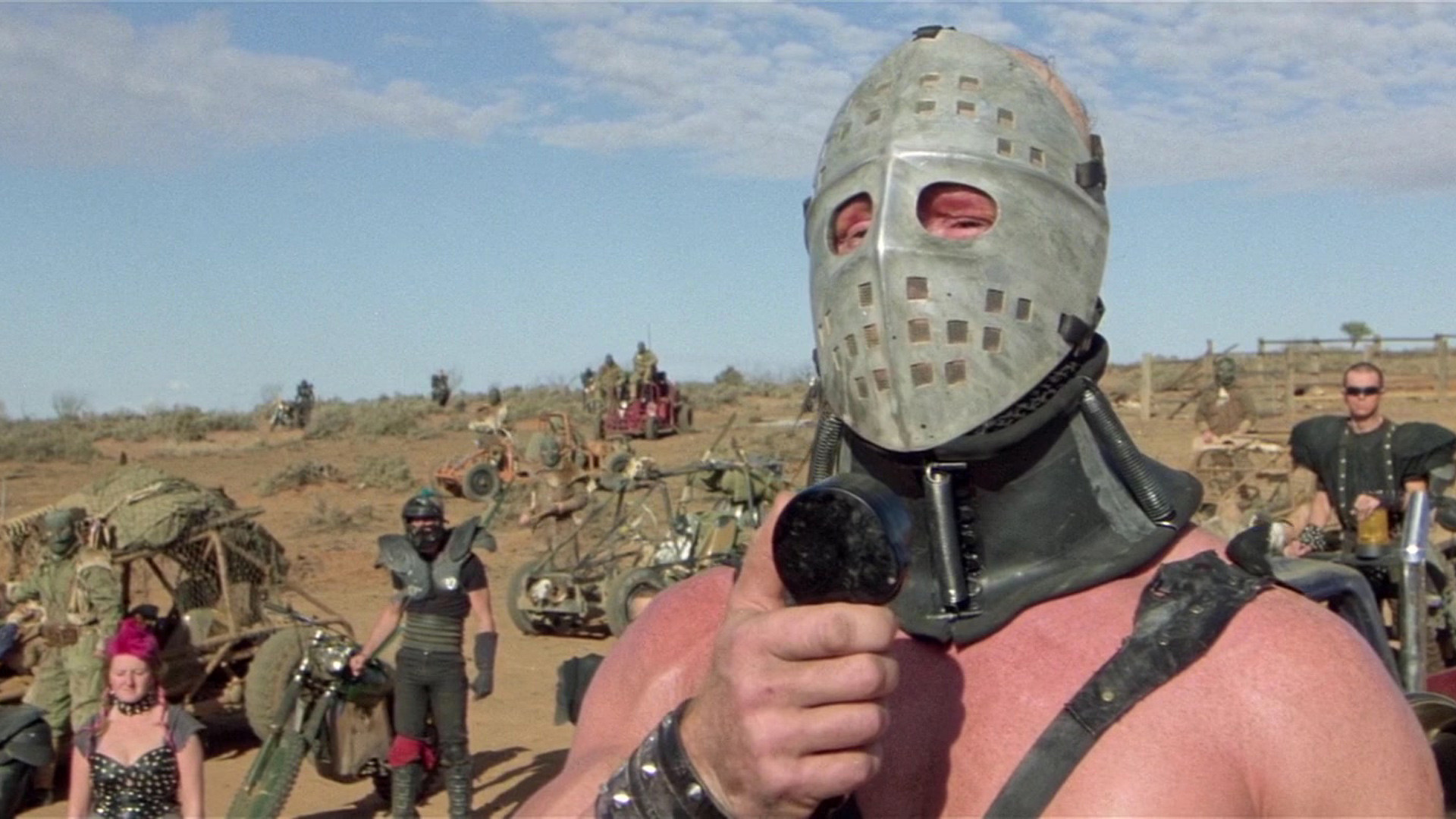Director: Travis Knight
One of the very best animated movies I've ever seen, but one I'm afraid has not found a wide enough audience.
Kubo and the Two Strings tells the tale of Kubo, a young boy whose mother has made great sacrifice to save him from an immensely powerful and supernatural danger. Saying more will likely spoil the story, but I can say that the tale becomes one of an epic adventure. After being forced to flee his home village, the ten-year old Kubo finds a couple of very strange protectors who seek to help him recover several magical items which will aid him in fending off the immense threat. I realize that this is a vague description, but much of the movie's appeal comes from the revelations of the details and how they are spun out. The basic story is perhaps nothing new, but I assure you that the details, which do some wondrously creative things with elements from classical Japanese mythology, are pleasantly unique for a family movie.
At this point, I will bring up my only complaint, if you can call it that. In terms of the jokes and site gags, not every one of them hits with the effectiveness that you would see in the very best Pixar or other animated movies. And there is a slyness and sarcasm which may end up dating the movie a little bit, many years down the road. I personally would have enjoyed getting a tone that may have been just a bit more timeless, but this is an extremely difficult feat for any story, and it is hardly a major demerit. For the most part, the dialogue and visual jokes were solid, if not mind-blowingly creative or funny throughout the movie.
And that is all I have for criticism of this movie. The rest is amazing. Firstly, the story itself is unlike nearly anything you would get from a Western movie studio family film. Relative newcomer to the animation game, Laika studios (who did Coraline and two other feature films before Kubo), clearly decided to challenge American audiences with different cultural elements and a more measured story pacing. Even the very beginning of the movie sets an oddly quiet, meditative tone, even though it is a scene invovling a literally storm-tossed mother and her infant son desperately trying to reach a safe shore. There is a real patience shown in the narrative, which may not be great for very young children, but it is bound to leave a great impression on those old enough to detect that there is something very different and profound happening in Kubo which sets it apart from the latest Disney musical.
Profundity is hardly limited to the general tone, either. The primary themes of the film become sacrifice and how someone can cope with the deaths of those closest to them. And this is not done with some pat, cursory moral message conveniently thrown at you in the final two minutes of the movie. It is raised very early and revisited throughout the picture, without the topic ever becoming overly simplified or sentimental. And while "messages" can often be very ham-fisted or stifle a story, even if handled well, Kubo implies another strong one during the final confrontation between the "hero" and "villain," which resolves itself in a way unlike any family movie I can recall. I literally got choked up several times during the movie, thanks in no small part to the deep humanity being displayed by these little animated characters.
Only enhancing the emotional impact of the story and characters are the visuals. Using their own blend of stop-motion puppetry and CGI, Laika's animators crafted a vibrant, singular world which looks unlike anything I've seen. Adapting a medieval Japanese aesthetic, the settings, characters, and visual wizardry are on full display. I appreciated the fact that, rather than keeping the high-polished perfection typical of digital animation, there is noticeable wear on many of the characters and props. The little holes and tears in the clothing and the scars on characters' faces have a much more tangible feel than they might in a traditional two-dimensional animated feature. It only helps that the writers, rather than going for the standard laugh every 20 seconds, give us plenty of chances to sit back and marvel at the world and set pieces which they created.
I saw this movie recently, roughly a month after its release. Once I did, I was curious about how well it was doing, commercially. Sadly, it hasn't done terribly well. I fear that this will be a movie that acquires similar cult status as a movie like The Iron Giant, which was a commercial flop that would eventually be recognized as one of the great animated movies. Kubo will maybe break even, but I fear that its lack of tremendous success will make studios more reluctant to fund such unique films. I hope I'm wrong, because the world could use more movies like this one.
One of the very best animated movies I've ever seen, but one I'm afraid has not found a wide enough audience.
Kubo and the Two Strings tells the tale of Kubo, a young boy whose mother has made great sacrifice to save him from an immensely powerful and supernatural danger. Saying more will likely spoil the story, but I can say that the tale becomes one of an epic adventure. After being forced to flee his home village, the ten-year old Kubo finds a couple of very strange protectors who seek to help him recover several magical items which will aid him in fending off the immense threat. I realize that this is a vague description, but much of the movie's appeal comes from the revelations of the details and how they are spun out. The basic story is perhaps nothing new, but I assure you that the details, which do some wondrously creative things with elements from classical Japanese mythology, are pleasantly unique for a family movie.
At this point, I will bring up my only complaint, if you can call it that. In terms of the jokes and site gags, not every one of them hits with the effectiveness that you would see in the very best Pixar or other animated movies. And there is a slyness and sarcasm which may end up dating the movie a little bit, many years down the road. I personally would have enjoyed getting a tone that may have been just a bit more timeless, but this is an extremely difficult feat for any story, and it is hardly a major demerit. For the most part, the dialogue and visual jokes were solid, if not mind-blowingly creative or funny throughout the movie.
And that is all I have for criticism of this movie. The rest is amazing. Firstly, the story itself is unlike nearly anything you would get from a Western movie studio family film. Relative newcomer to the animation game, Laika studios (who did Coraline and two other feature films before Kubo), clearly decided to challenge American audiences with different cultural elements and a more measured story pacing. Even the very beginning of the movie sets an oddly quiet, meditative tone, even though it is a scene invovling a literally storm-tossed mother and her infant son desperately trying to reach a safe shore. There is a real patience shown in the narrative, which may not be great for very young children, but it is bound to leave a great impression on those old enough to detect that there is something very different and profound happening in Kubo which sets it apart from the latest Disney musical.
| Beetle, Kubo, and Monkey, on their way to fulfill their quest. This kind of picturesque scene shows a great eye for scene and framing, as do so many of the shots in the movie. |
Only enhancing the emotional impact of the story and characters are the visuals. Using their own blend of stop-motion puppetry and CGI, Laika's animators crafted a vibrant, singular world which looks unlike anything I've seen. Adapting a medieval Japanese aesthetic, the settings, characters, and visual wizardry are on full display. I appreciated the fact that, rather than keeping the high-polished perfection typical of digital animation, there is noticeable wear on many of the characters and props. The little holes and tears in the clothing and the scars on characters' faces have a much more tangible feel than they might in a traditional two-dimensional animated feature. It only helps that the writers, rather than going for the standard laugh every 20 seconds, give us plenty of chances to sit back and marvel at the world and set pieces which they created.
I saw this movie recently, roughly a month after its release. Once I did, I was curious about how well it was doing, commercially. Sadly, it hasn't done terribly well. I fear that this will be a movie that acquires similar cult status as a movie like The Iron Giant, which was a commercial flop that would eventually be recognized as one of the great animated movies. Kubo will maybe break even, but I fear that its lack of tremendous success will make studios more reluctant to fund such unique films. I hope I'm wrong, because the world could use more movies like this one.









